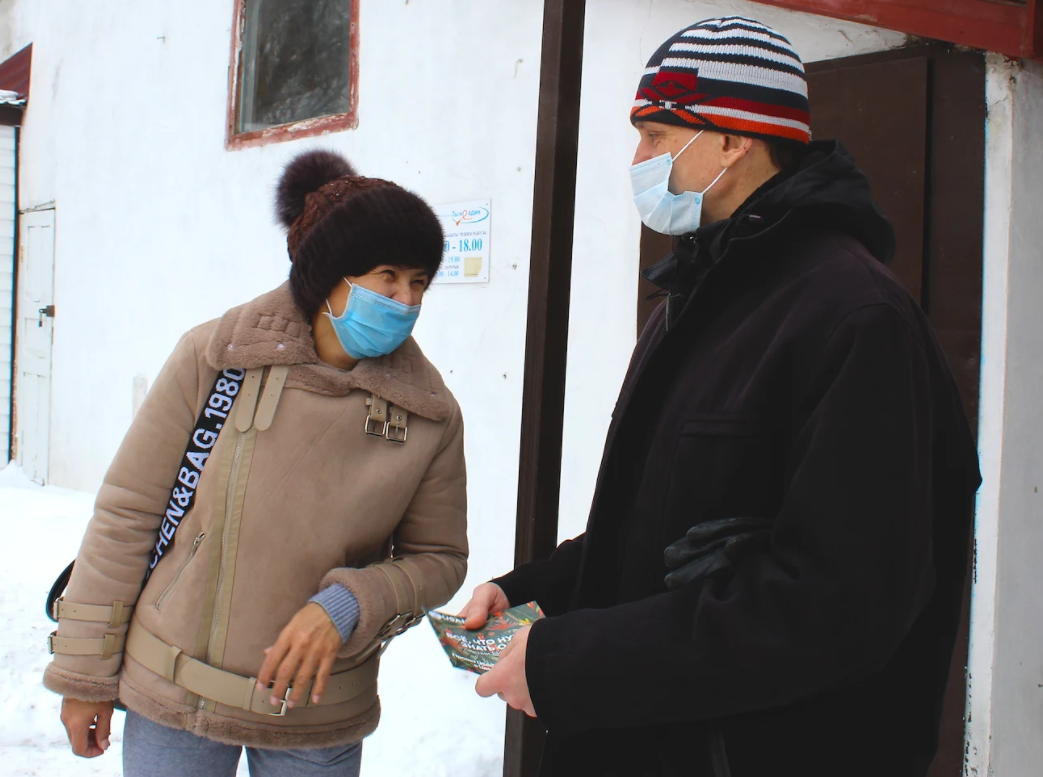Olga Samoilova, Project Director, EpiC Central AsiaDaniyar Shakirov, Regional Communications Manager, EpiC Central AsiaYekaterina Li, Project Manager, EpiC Kazakhstan At the time of her HIV diagnosis, Leila met Alexander, a peer navigator from the community-based organization (CBO) called “You are...
Continue Reading




